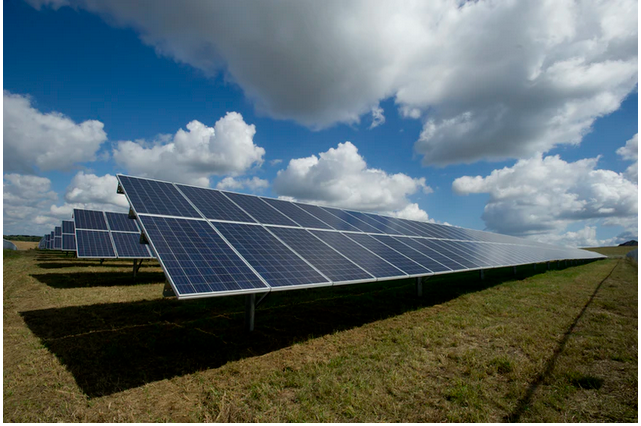Technological development and high electricity bills have drawn many to switch to solar energy. Apart from the fact that it is way cheaper than electricity, solar is safer and environmentally friendly. But as you make the switch, it is best not to dive in blindly. It is best to get enough and helpful information before making the purchase. Solar power system installation involves more than just setting it up on the roof. It is a worthy lifetime investment as long as you get the right panel. This article looks at what you should avoid when making this lifetime investment.
Failing to Do Enough Market Research
 Although solar installation is a costly investment, you would want to spend the least possible on a quality product. You don’t want to close the deal with the first seller that offers you a seemingly sweet deal. It is best to shop around. With solar panels gaining popularity, most sellers will have great deals to lure customers. Take time to know which one has better offers and yet is selling high-quality panels. You may find better deals by hearing out different contractors. After all, it will be your power supply in your home so take your time.
Although solar installation is a costly investment, you would want to spend the least possible on a quality product. You don’t want to close the deal with the first seller that offers you a seemingly sweet deal. It is best to shop around. With solar panels gaining popularity, most sellers will have great deals to lure customers. Take time to know which one has better offers and yet is selling high-quality panels. You may find better deals by hearing out different contractors. After all, it will be your power supply in your home so take your time.
Not Taking an Insurance Cover for the System
 Solar panels last for a long time, and you have nothing to worry about. But with disasters like lightning, tornadoes, or fires, there are no certainties with such. A risk management cover would do you good and keep your mind at peace.
Solar panels last for a long time, and you have nothing to worry about. But with disasters like lightning, tornadoes, or fires, there are no certainties with such. A risk management cover would do you good and keep your mind at peace.
Most solar companies you talk to will give you leads on Insurance companies that offer good comprehensive covers for solar panels. With an insurance cover, you know your investment is secured.
Choosing a Cheap Solar Panel
 There is nothing wrong with buying a cheap panel as long it suits all your requirements. If you can get a piece of high-quality equipment for the least price possible, the better.
There is nothing wrong with buying a cheap panel as long it suits all your requirements. If you can get a piece of high-quality equipment for the least price possible, the better.
The price, however, should not be what drives you to buy. It is best to find the best solar panel that is efficient and reliable. If it is too expensive, try and negotiate a payment plan with the contractors.
Not Understanding the Terms of the Warranty
Every manufacturer has terms and conditions of sale and warranty. It is for you as the buyer to understand the provisions as they differ for each contractor. It is best to go through the warranty agreement and ask critical questions.



